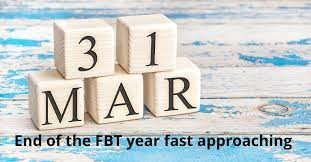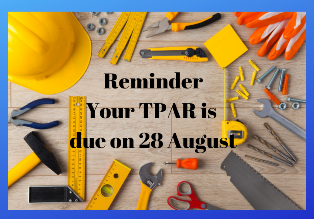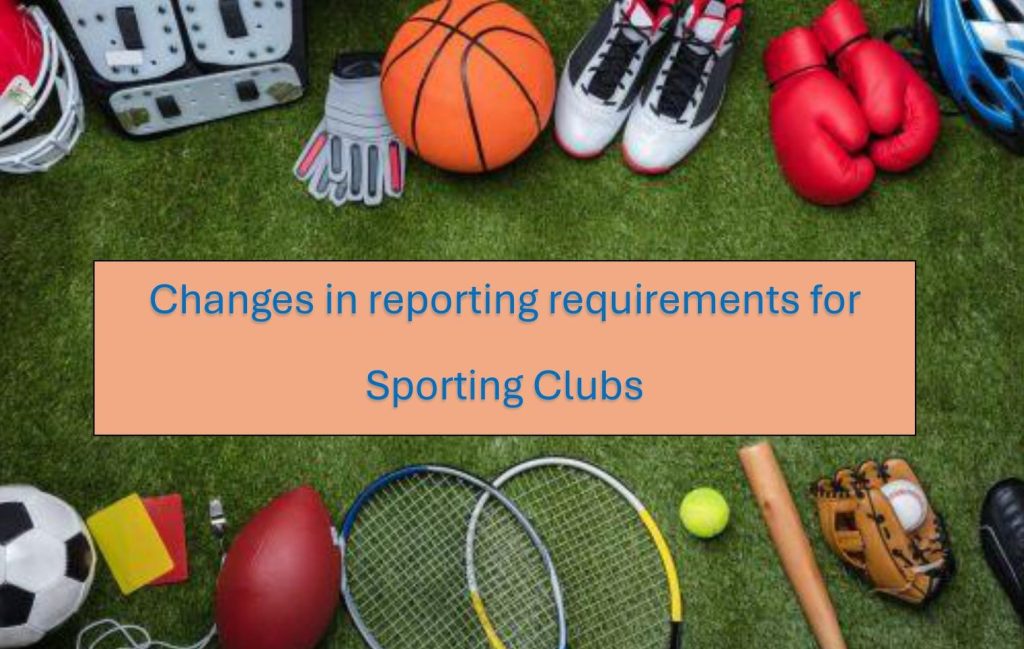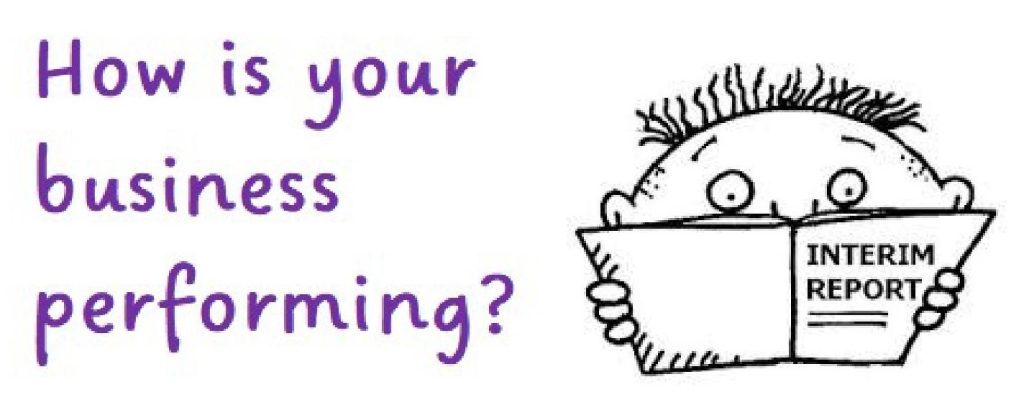GFM March 2024 Newsletter
27 March 2024

Hello Clients, Friends and Family Members
Welcome to one of the busiest periods of the year for Accountants.
We are in the process of completing FY23 returns, FBT returns are around the corner followed by Trust resolution needs, whilst starting to review interim results for our business clients FY24 year to calculate likely tax payables and provide minimisation/wealth creation options.
The Federal Budget is around the corner in May, it will be interesting to see if this is a spending spree or sitting on hands year. Taxation cuts are already in commencing 1/7/24, so some $$ extra will help no doubt.
What will happen to interest rates now that inflation is more under control – will the Reserve Bank give us all some reprieve?
A lot is happening – please contact us should you wish to discuss any matters on hand
We hope you enjoy reading this edition of the GFM newsletter
Regards
Darren, Brent & the team at GFM Accountants

FBT time is fast approaching!
The ATO has advised employers that ‘FBT time’ is just around the corner, and they need to stay on top of their fringe benefits tax (FBT) obligations.
Employers need to ensure they have attended to the following matters this FBT time:
- Identify if they have an FBT liability regarding fringe benefits they have provided to their employees or their associates between 1 April 2023 and 31 March 2024.
- Identify if they have an FBT liability as they will need to lodge an FBT return and pay the amount due by 21 May.
- Identify if they are currently registered for FBT and let the ATO know if they do not need to lodge an FBT return (Editor: by asking us to lodge an FBT non-lodgment notice) to prevent the ATO seeking a return from them at a later date.
- Employers should also remember that when the new FBT year starts on 1 April, they can choose to use existing records instead of travel diaries and declarations for some fringe benefits.
Furthermore, the ATO has released PCG 2024/2 which provides a short cut method to help work out the cost of charging electric vehicles (‘EV’) at an employee’s home for FBT purposes.
Eligible employers can choose to use either the EV home charging rate of 4.2 cents per kilometre or the actual cost.
Ultimately, all employers need to make sure they understand their FBT obligations and the records they need to keep to avoid an FBT liability.

Penalties soon to apply for overdue TPARs
Businesses that pay contractors to provide certain services may need to lodge a Taxable Payments Annual Report (TPAR) by 28 August each year.
From 22 March, the ATO will apply penalties to businesses that:
- have not lodged their TPAR from 2023 or previous income years;
- have received three reminder letters about their overdue TPAR.
Taxpayers that do not need to lodge a TPAR can submit a ‘non-lodgment advice form’. Taxpayers that no longer pay contractors can also use this form to indicate that they will not need to lodge a TPAR in the future.

Super contribution caps to rise
The big news story for those contributing to super is that the contribution caps are set to increase from the 2025 income year.
- The concessional contribution cap will increase from $27,500 to $30,000.
- This ‘CC’ cap is broadly applicable to employer super guarantee contributions, personal deductible contributions and salary sacrificed contributions.
- The non-concessional contribution cap will increase from $110,000 to $120,000.
- This ‘NCC’ cap is generally applicable to personal non-deductible contributions.
The increase in the NCC cap also means that the maximum available under the three-year bring forward provisions will increase from $330,000 to $360,000. This is provided that the ‘bring forward’ is triggered on or after 1 July 2024.
The ‘total superannuation balance’ threshold for being able to make non-concessional contributions (and the pension general transfer balance cap) will remain at $1.9 million.

Small business concessions
The ATO has recently issued a reminder that small business owners may be eligible for concessions on the amount of tax they ultimately pay.
This depends on their business structure, their industry and their aggregated annual turnover.
For example, small business owners who have an aggregated annual turnover of less than:
- $2 million can access the small business CGT concessions;
- $5 million can access the small business income tax offset; and
- $10 million can access the small business restructure roll-over.
The ATO expects small business owners to check their eligibility each year before they apply for any of these concessions.
Furthermore, taxpayers generally need to keep records for five years to prove any claims they make.
We are always on the look-out for what tax concessions may be of use to our clients based on their individual circumstances. These small business concessions in particular, can be very beneficial when applicable.

Avoiding common Division 7A errors
Private company clients who receive payments, benefits or loans from their private companies need to ensure compliance with their additional tax obligations (which are often referred to as their ‘Division 7A’ obligations).
There are multiple ways in which business owners may access private company money, such as through salary and wages, dividends, or what are known as complying Division 7A loans.
Division 7A is an area where the ATO sees many errors and the ATO is currently focused on assisting taxpayers in managing their obligations when receiving payments and benefits from their private companies.
In this regard, the ATO has recommended that business owners do the following:
- keep adequate records;
- properly account for and report payments and use of company assets by shareholders and associates; and
- comply with rules around Division 7A loans.
Understanding these Division 7A obligations is essential in order to:
- make informed decisions when receiving private company money and using private company assets; and
- avoid unexpected and undesirable tax consequences.

Changes in reporting requirements for sporting clubs
The ATO reminds Not-for-profits (‘NFPs’), including sporting clubs, societies and associations with an active ABN, that they need to lodge an annual NFP self-review return to continue accessing their income tax exemption.
The NFP self-review return should guide sporting organisations in considering their purpose and activities against the requirements of an eligible income tax exempt entity.
The main purpose of a sporting organisation must be encouragement of a game, sport or animal racing. Any other purpose of the organisation must be incidental, ancillary or secondary.
The organisation’s governing documents will help identify the purpose for which it was set up. The organisation’s activities in the year of income must then demonstrate that the main purpose is the encouragement of its game, sport or animal racing.
NFP organisations need to lodge their first NFP self-review return for the 2023-24 income year between 1 July and 31 October 2024. Note that NFP organisations with their own ABN need to complete their own NFP self-review return even if they are affiliated with a broader sporting group.
To prepare their sporting club, society or association for this lodgment obligation, the person responsible for the organisation will need to:
- check their organisation has an active ABN by searching ABN Lookup;
- notify the ATO now if the organisation’s address and responsible person’s details need to be updated. This will ensure they have access to the account, receive important tax information and can lodge the NFP self-review return;
- identify their sporting organisation’s main purpose and its governing documents;
- complete an early self-review to check their sporting organisation is eligible to be income tax exempt;
- avoid delays and get in early to set up myGovID and Relationship Authorisation Manager so they can complete their NFP self-review return in Online services for business; and
- subscribe to the ATO’s monthly Not-for-profit news for the latest tax and superannuation news, as well as tips and advice, sent directly to their inbox.
If an NFP organisation does not lodge the return, they may become ineligible for an income tax exemption and penalties may apply.

Interim Financials
As we fast approach the end of the 2024 financial year; this is the perfect time to ask yourself where is my business at? What will my year-end tax be? Can I improve my personal position?
Have you thought about a Pre 30th of June Business Review?
GFM Accountants have been completing Interim Reviews for our clients for over 20 years. Primarily it gives our clients the ability to minimise / defer their tax obligations and assist in their wealth creation strategies.
Our Pre 30th of June Business Review aims to deliver three key objectives –
- Recommendations you can implement now to REDUCE your tax come 30/06/2024 as well as into the future.
- Information to keep your business COMPLIANT with existing and emerging legislation. This is crucial given the large number of changes to the tax legislation in 2024.
- Strategies to help manage the CASHFLOW from your business.
As April is just around the corner, this is the right time to consider your tax position for 2024!
Contact Mr Brendan Fear today to arrange your interim review.

Key Dates
- Provide March 2024 FBT Information to GFM Accountants – 8th April 2024
- Lodge and Pay March 2024 Superannuation Guarantee Charge Statement – 28th April 2024
- March 2024 Payroll Tax – 7th April 2024
- Lodge and Pay March 2024 Monthly BAS/IAS – 22nd April 2024
- Lodge and Pay March 2024 Superannuation Guarantee Charge Statement – 28th April 2024
- Latest date for lodgement of 2023 Tax Returns – 15th May 2024
- Lodge and Pay March 2024 Quarterly BAS – 26th May 2024

